10 BehindTheScenes Facts About Paths Of Glory
10 Behind-The-Scenes Facts About Paths Of Glory
Contents
- 1 10 Behind-The-Scenes Facts About Paths Of Glory
- 1.1 10 Gregory Peck Turned Down The Role Of Colonel Dax
- 1.2 9 Kirk Douglas Was Immediately Interested, Despite Knowing The Film Would Bomb
- 1.3 8 Stanley Kubrick Met His Wife While Filming Paths Of Glory
- 1.4 7 Private Ferol’s Breakdown In His Final Moments Was Improvised By Timothy Carey
- 1.5 6 The Prisoners’ Last Meal Took 68 Takes To Get Right
- 1.6 5 Despite Taking Place On France’s Western Front, Paths Of Glory Was Shot In Munich
- 1.7 4 Timothy Carey Was Fired In The Middle Of Production For Faking His Own Kidnapping As A Publicity Stunt
- 1.8 3 The Long Tracking Shots Required The Film’s Trenches To Be Two Feet Wider Than Actual World War I Trenches
- 1.9 2 Kubrick Wanted To Give The Film A Happy Ending
- 1.10 1 Due To Its Negative Portrayal Of The French Army, Paths Of Glory Wasn’t Released In France Until 1975
Paths of Glory may be an old movie, but it was also a great one. Here’s what went on behind the scenes.
You Are Reading :[thien_display_title]
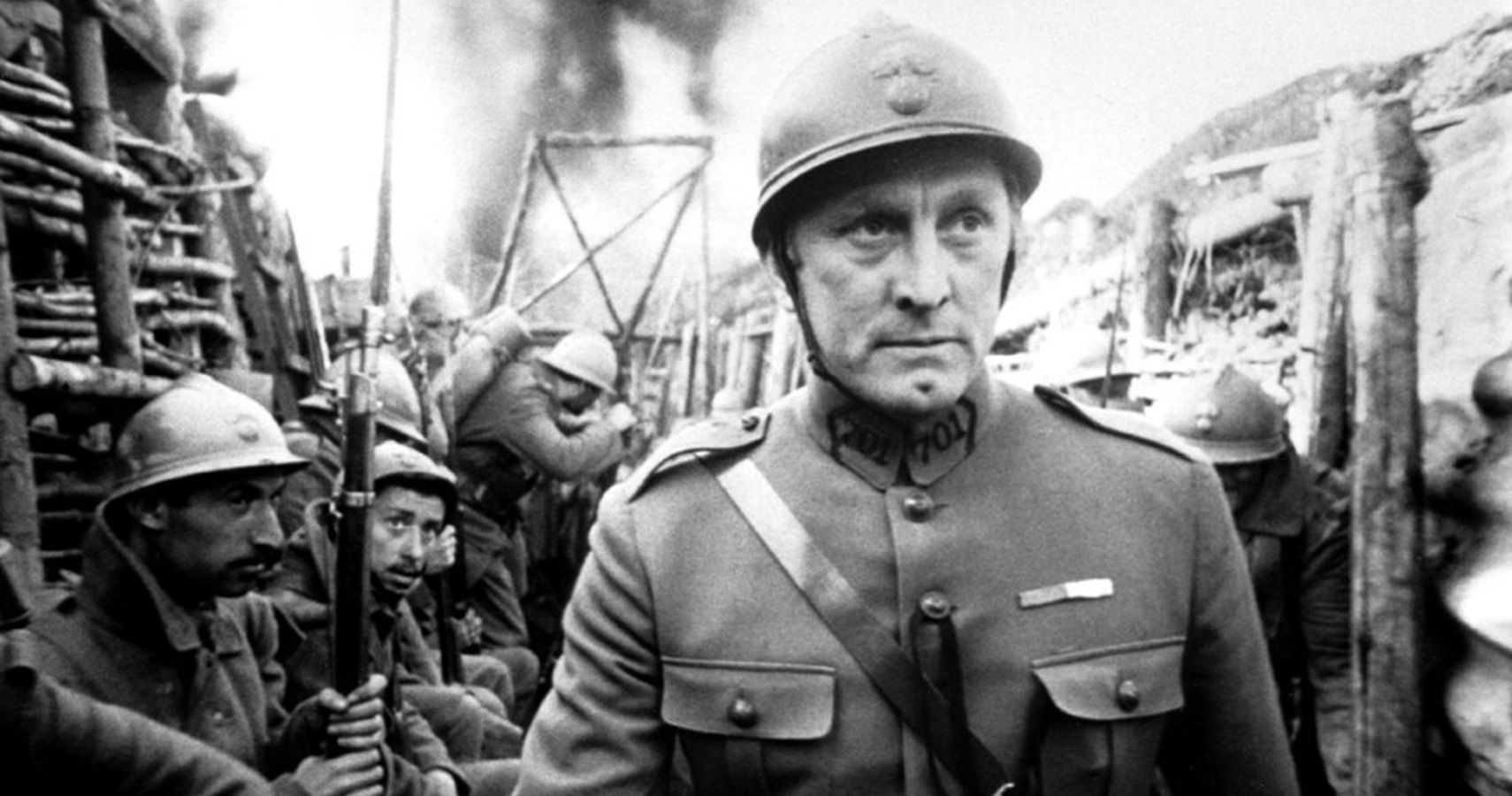
Long before Stanley Kubrick would make waves with movies like 2001: A Space Odyssey, A Clockwork Orange, and The Shining, he helmed Paths of Glory, arguably the greatest anti-war movie ever made, starring Kirk Douglas as a French Army colonel who refuses to let his men embark on a suicide mission and has to defend his decision in an ensuing court-martial.
Although the movie bombed at the box office on its initial release, surprising no one, it is currently regarded as a masterpiece and has a permanent spot on IMDb’s list of the best movies of all time. It had a fascinating production.
10 Gregory Peck Turned Down The Role Of Colonel Dax
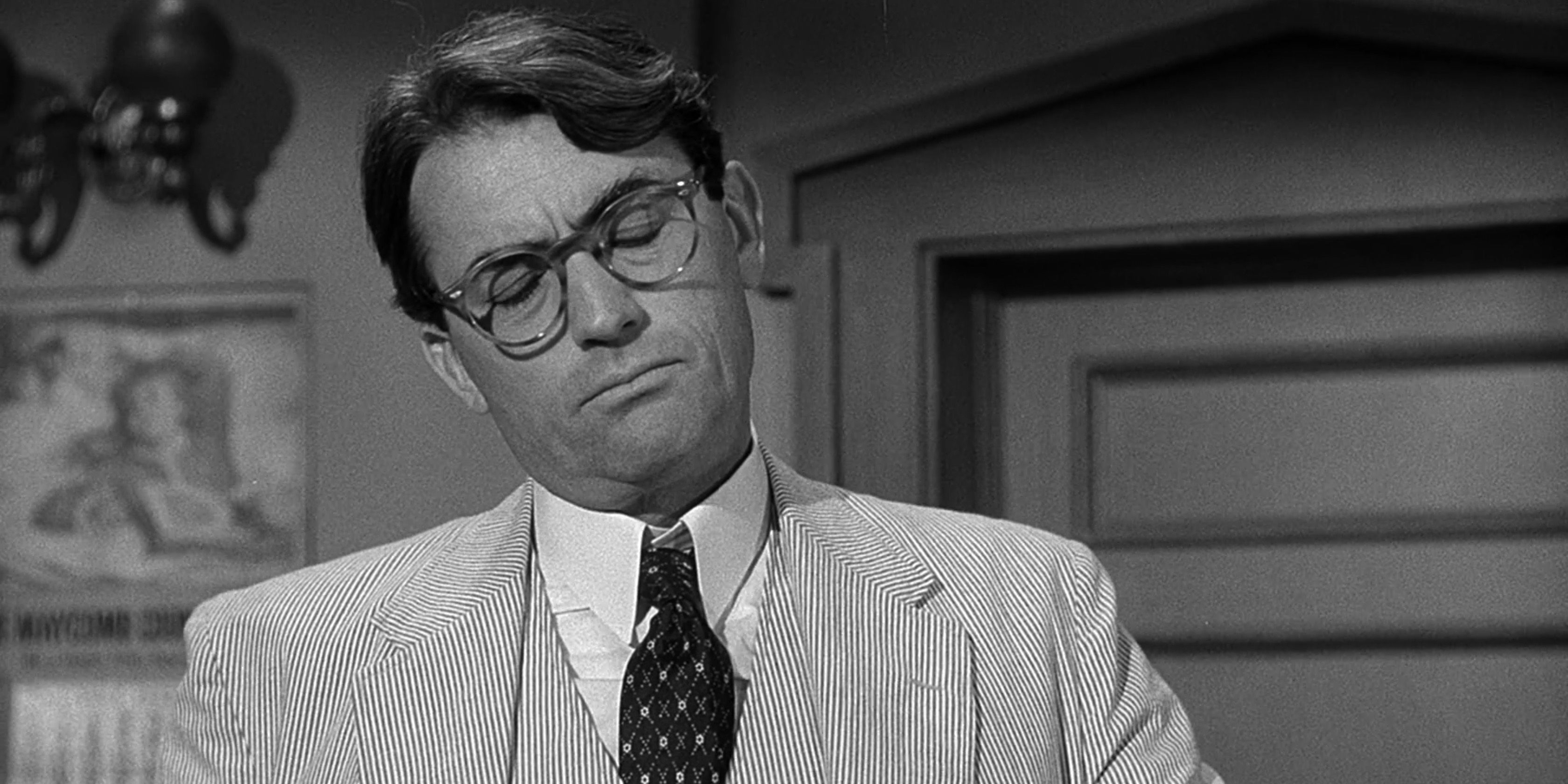
The first choice for the role of Colonel Dax was Gregory Peck, but he had to turn it down because he was committed to appearing in a play whose run would clash with Paths of Glory’s shooting schedule.
Producer James B. Harris wanted to cast Jack Palance, but he wasn’t interested. Richard Burton, Charlton Heston, and James Mason were all considered. Heston chose to do Touch of Evil instead.
9 Kirk Douglas Was Immediately Interested, Despite Knowing The Film Would Bomb
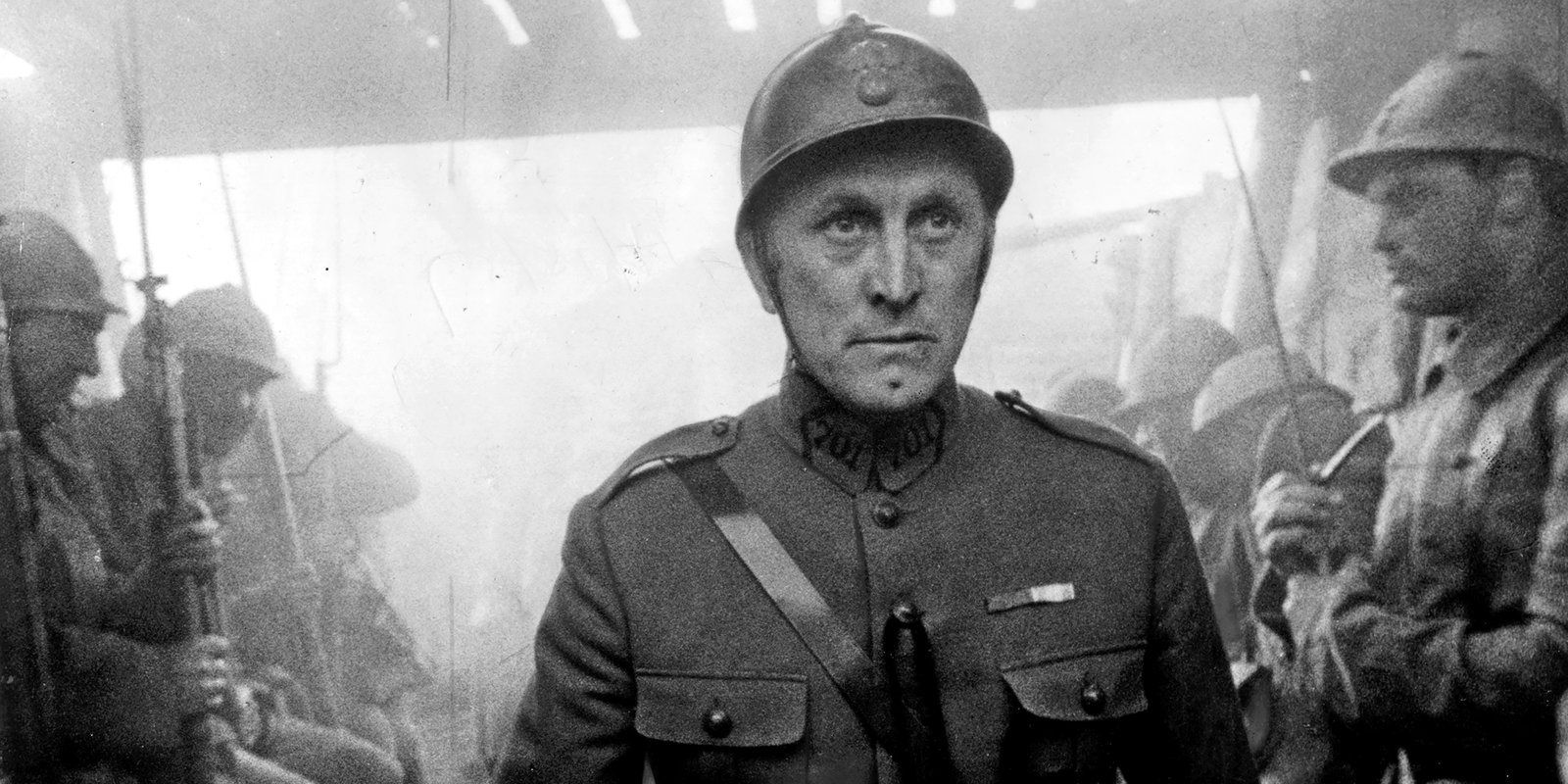
When Stanley Kubrick first gave the Paths of Glory script to Kirk Douglas, the iconic actor was immediately interested, but he acknowledged that it was doomed to bomb at the box office. He reportedly told Kubrick, “Stanley, I don’t think this picture will ever make a nickel, but we have to make it.”
Despite the movie’s box office failure, Douglas managed to clean up with a $300,000 salary. Kubrick, on the other hand, didn’t take a salary and instead relied on a percentage of the profits, so he was pretty screwed.
8 Stanley Kubrick Met His Wife While Filming Paths Of Glory
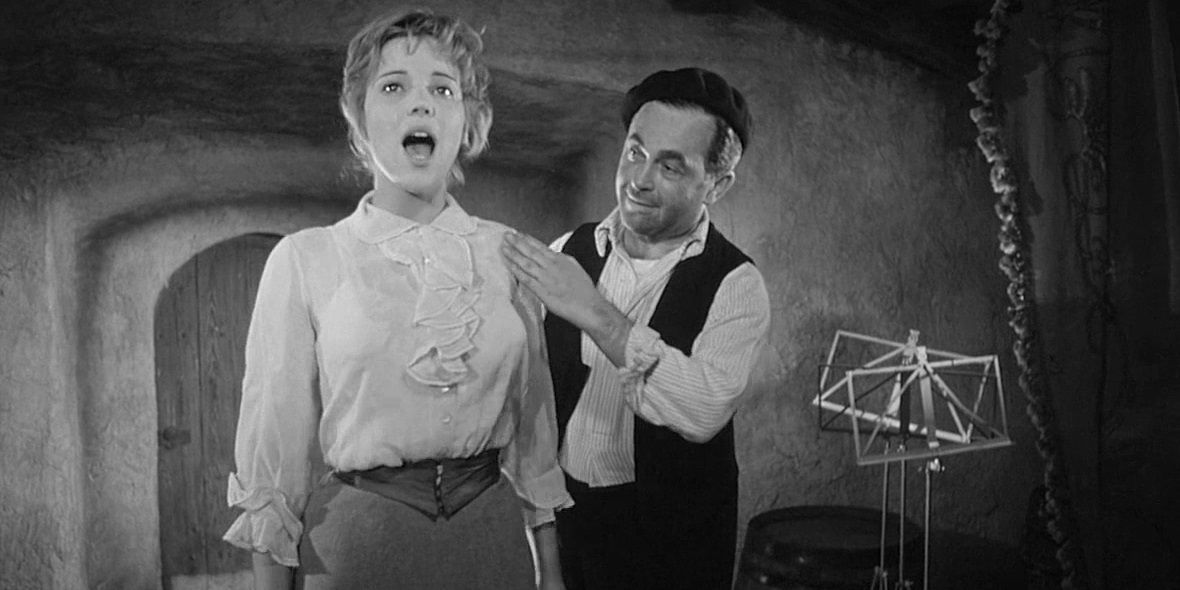
The girl who sings to the soldiers at the end of Paths of Glory was named Christiane Harlan. Stanley Kubrick fell in love with her, divorced his second wife, and about a year later, married Harlan. They remained together until he died in 1999.
7 Private Ferol’s Breakdown In His Final Moments Was Improvised By Timothy Carey
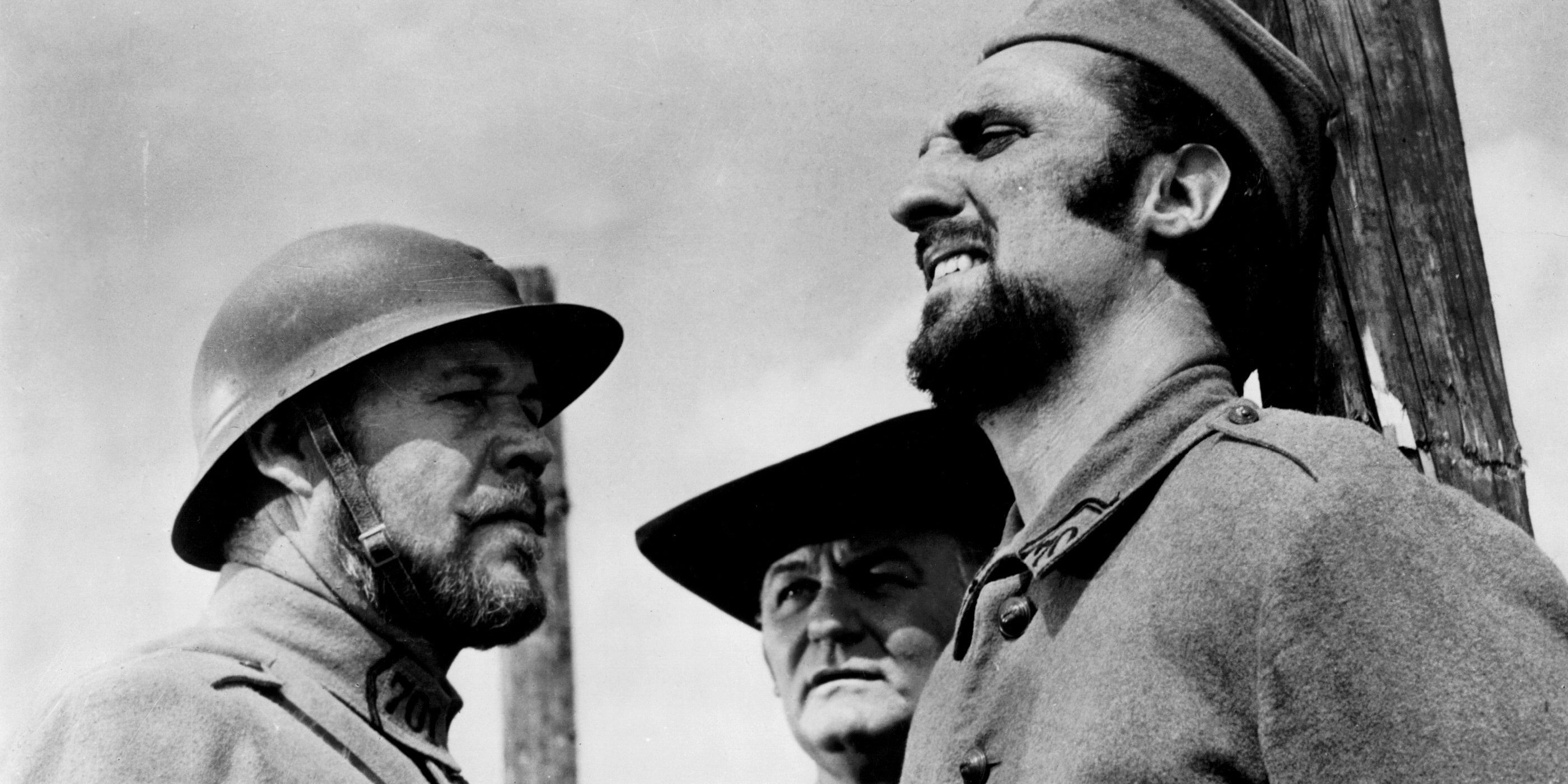
When Private Ferol is being marched to his death, he has a blubbering breakdown. This breakdown was improvised by actor Timothy Carey, whose quirky acting style had been irritating Kirk Douglas.
Stanley Kubrick liked it – and particularly enjoyed how it annoyed Douglas – and before the improvised breakdown, he told Carey, “Make this a good one, because Kirk doesn’t like it.”
6 The Prisoners’ Last Meal Took 68 Takes To Get Right
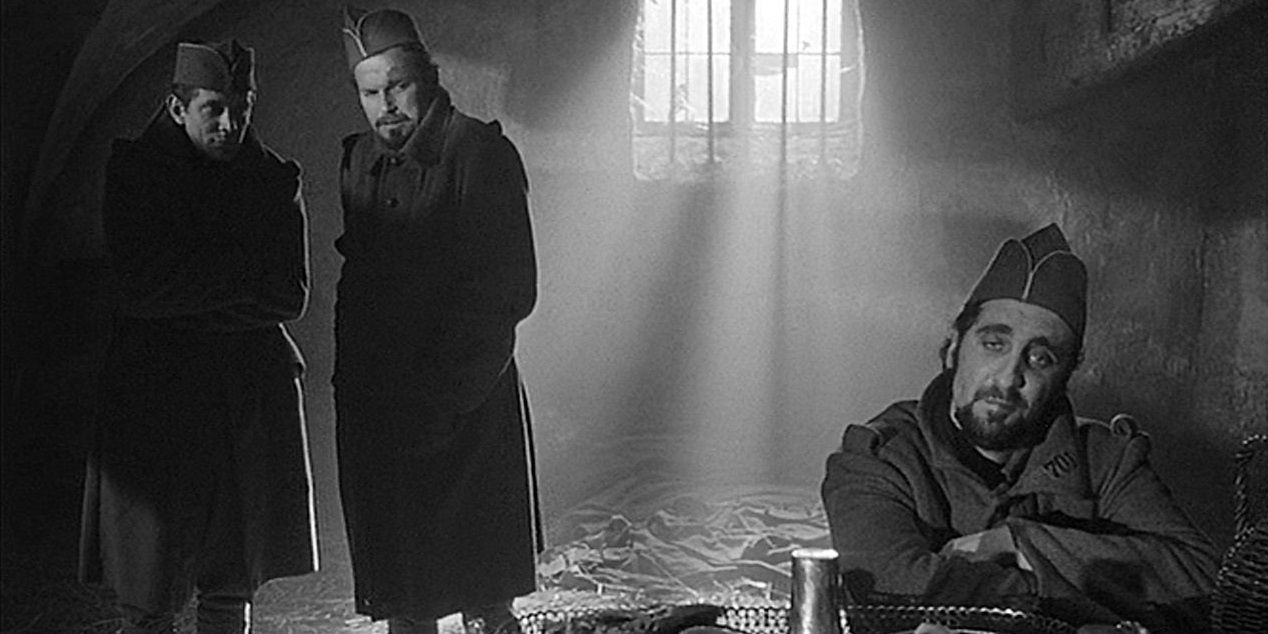
One of the earliest examples of Kubrick’s infamous perfectionism came on the set of Paths of Glory when they were shooting the prisoners’ last meal before their execution.
The director shot 68 takes before he was happy with the scene. Since the actors were required to eat through the whole scene, a whole new roast duck had to be prepared before most of the takes.
5 Despite Taking Place On France’s Western Front, Paths Of Glory Was Shot In Munich
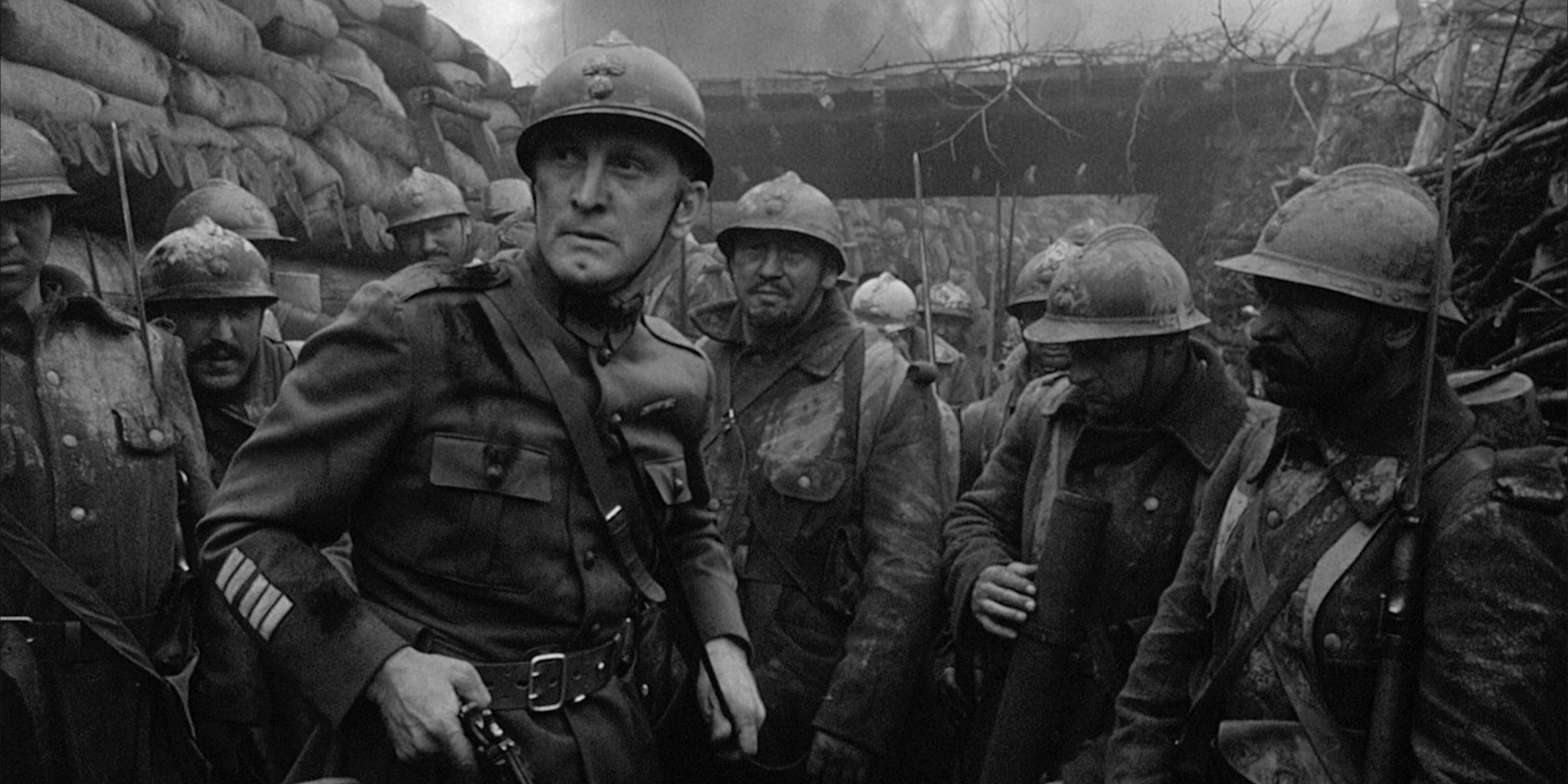
Although it takes place on France’s western front, Paths of Glory was shot in and around Munich, Germany. The interiors were shot at Geiselgasteig Studios in Bavaria, while the court-martial scenes were filmed in Schleissheim Castle.
A lot of the extras who played French soldiers in the movie were actually off-duty cops from the Munich Police Department.
4 Timothy Carey Was Fired In The Middle Of Production For Faking His Own Kidnapping As A Publicity Stunt
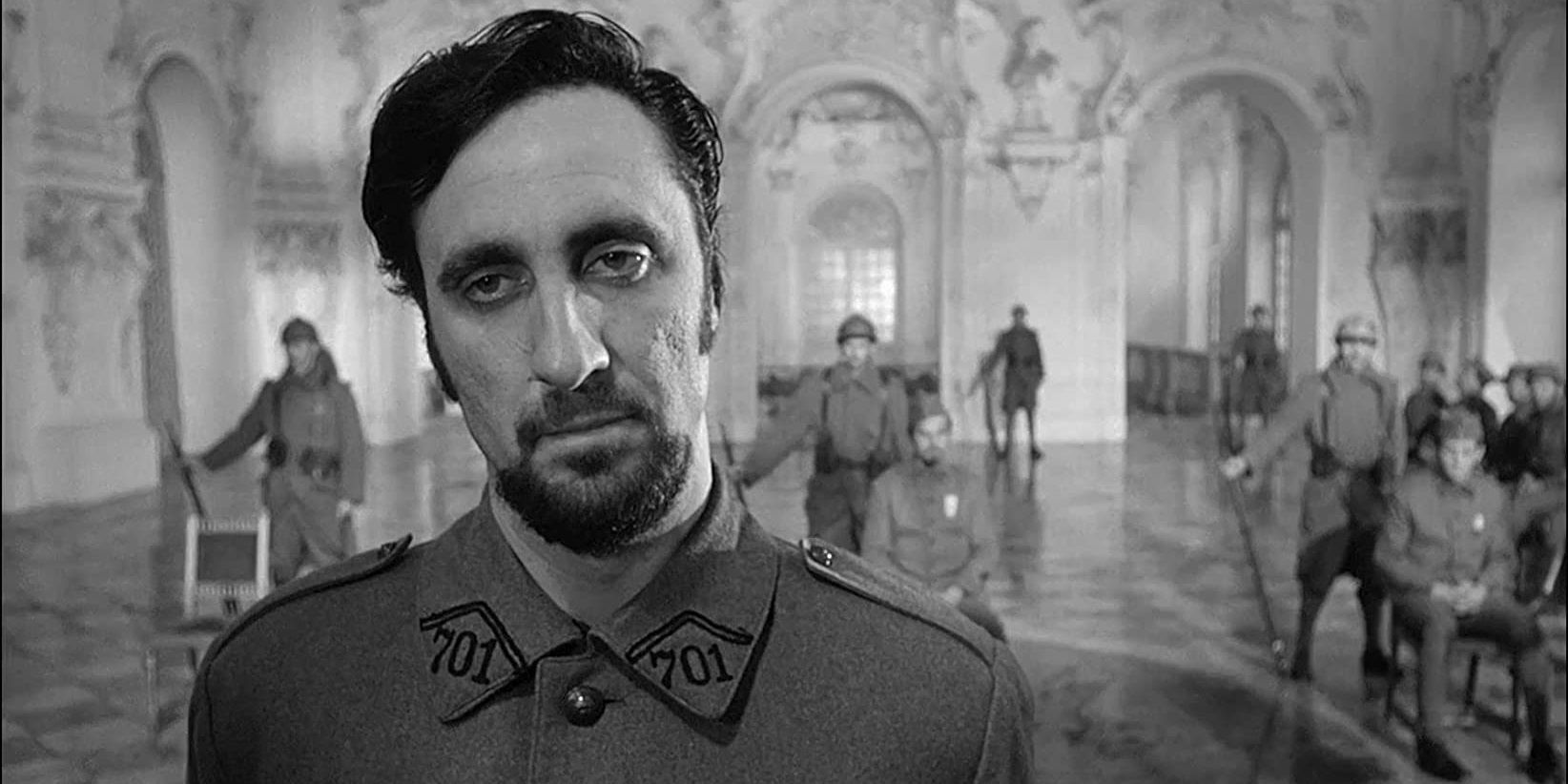
Timothy Carey held up filming a lot. In one notorious instance, he faked his own kidnapping as a publicity stunt, leading Stanley Kubrick and producer James B. Harris to fire him.
It was too late into production to recast, so they couldn’t shoot any more scenes with Carey’s character Private Ferol, which is why we never see the three court-martialed soldiers in battle. When the priest listens to Ferol’s confession, a stand-in was used in Carey’s place.
3 The Long Tracking Shots Required The Film’s Trenches To Be Two Feet Wider Than Actual World War I Trenches
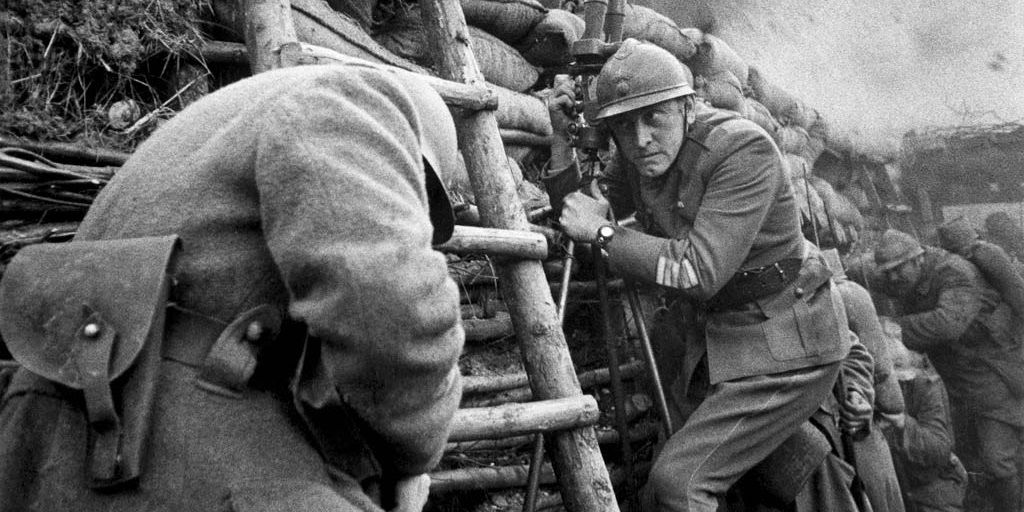
One of the most iconic elements in Paths of Glory is the long tracking shots through the trenches, which inspired the long tracking shots in Terry Gilliam’s Brazil.
In order to get the cameras into the trenches, along with the duckboards for them to roll on, the trenches featured in the movie had to be wider than authentic World War I trenches. The wartime trenches were four feet wide, while Paths of Glory’s trenches had to be six feet wide.
2 Kubrick Wanted To Give The Film A Happy Ending
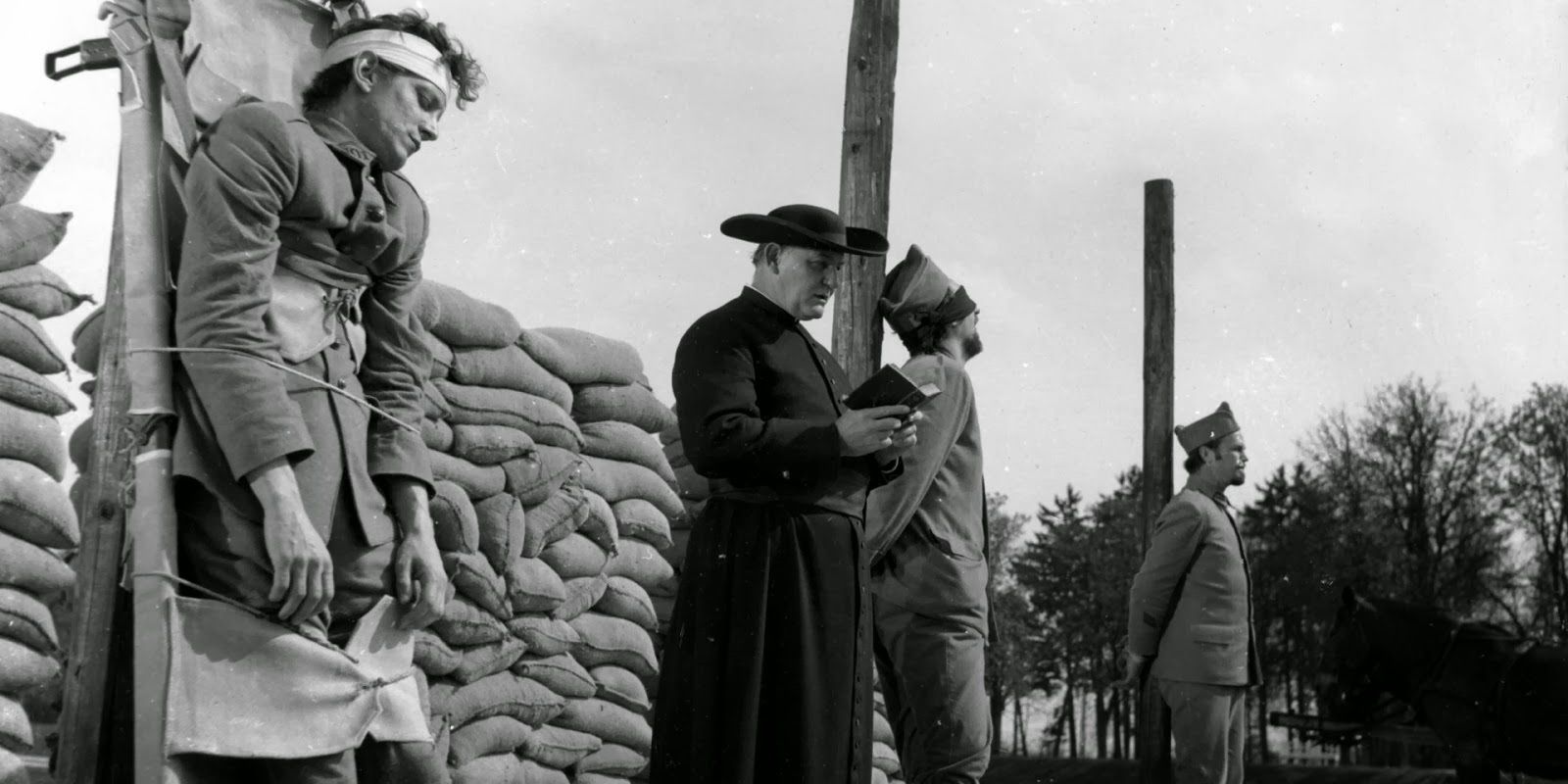
The bleak ending of Paths of Glory works beautifully with the film’s anti-war message. Originally, though, Kubrick wanted to give the film a happy ending, thinking this would help its chances of box office success. He wanted an ending in which Dax managed to save his men by blackmailing his superiors.
However, the studio didn’t veto the original ending – which was Kirk Douglas’ preferred ending – probably because they didn’t actually read the script, so Kubrick was convinced to keep the story as it was.
1 Due To Its Negative Portrayal Of The French Army, Paths Of Glory Wasn’t Released In France Until 1975
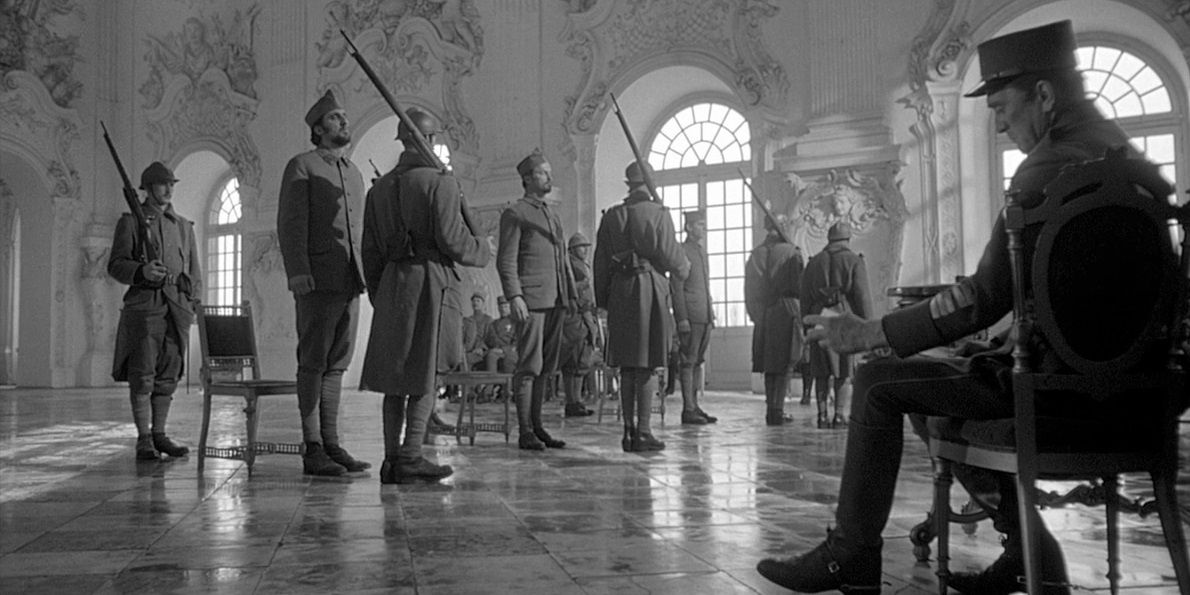
Unsurprisingly, Paths of Glory was controversial in France for its portrayal of the French Army. Due to pressures not to release the movie in France, it wasn’t screened for French censors until 1975, almost two decades after its initial release.
Germany also withheld the movie’s release for two years to avoid rubbing France the wrong way. It was banned in Spain during Generalísimo Franco’s dictatorship for its anti-military sentiments and wasn’t released there until 1986, more than a decade after Franco’s death.
Link Source : https://screenrant.com/paths-glory-behind-scenes-stories/
Reviews -ANTM 5 Winners That Shouldnt Have Won (& 5 That Definitely Deserved It)
10 Movies That Will Make You Nostalgic For 90s Fashion
13 Fictional Languages You Can Actually Learn
10 Amazing Hidden Details in Disney Films
10 Most Common Tropes Found In Crime Shows
10 Hilarious 1990s Comedy Movies Ranked According To IMDb
90 Day Fiancé Ariela Defends Her Scandalous Remark About Avi & Leandro
